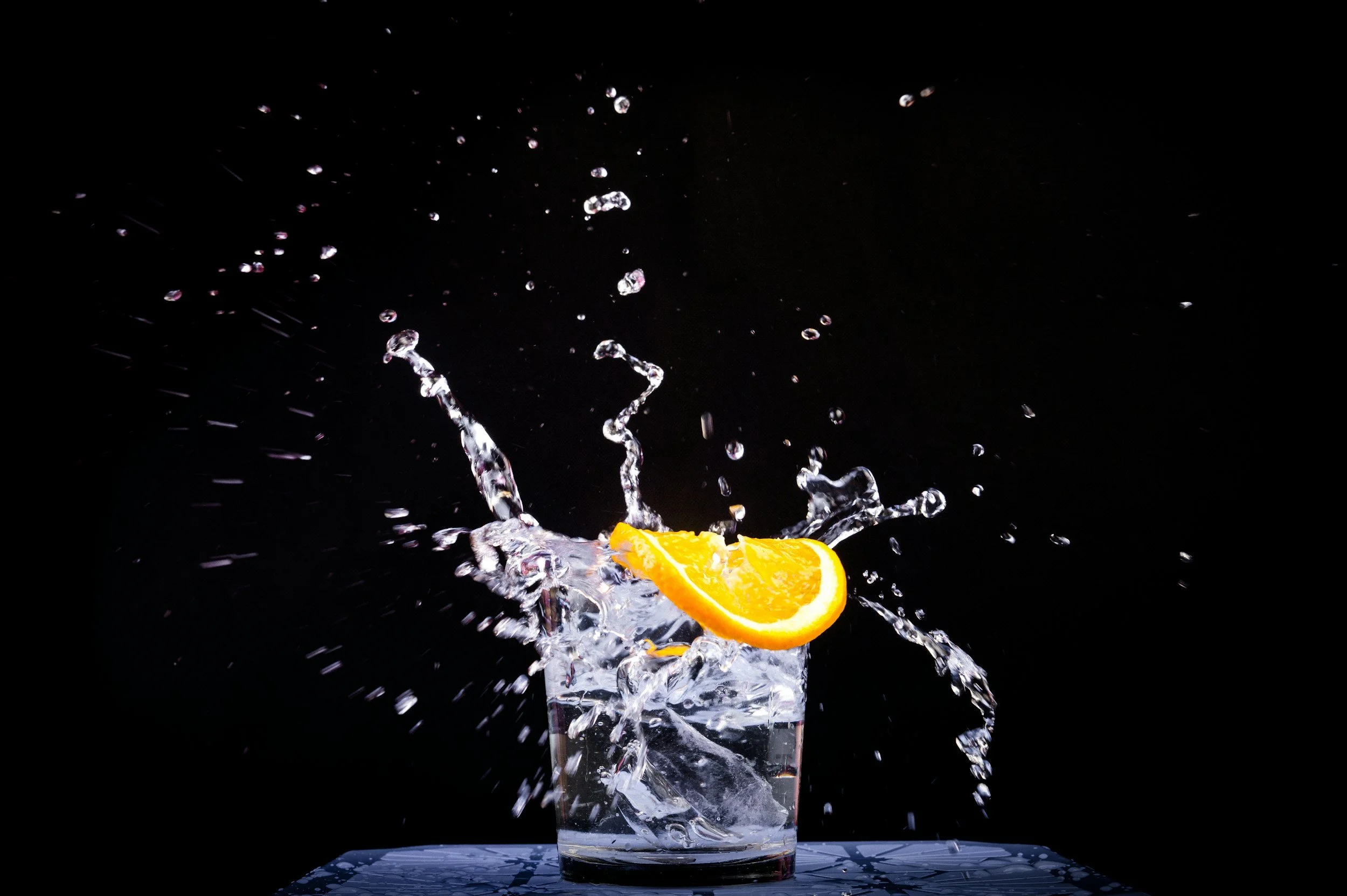Hydration and Hot Weather Wellness
Hydration and Hot Weather Wellness
Why Hydration Needs Shift After 40
As we age, our body’s ability to sense thirst decreases. Combine that with hormonal changes during perimenopause and menopause, and hydration can become a hidden challenge. Estrogen affects fluid regulation and even how our body cools down. So in hot weather—especially if you’re sweating more or not noticing that you’re sweating—you may become dehydrated without realizing it.
Common Signs of Dehydration (Even Mild!)
Fatigue or low energy
Headaches
Dizziness or feeling “off”
Dry mouth or chapped lips
Constipation
Muscle cramps
Brain fog or trouble concentrating
If you wait until you’re thirsty, you’re probably already behind.
How Much Water Do You Actually Need?
There’s no perfect “one size fits all” rule, but a common guideline is:
Half your body weight (in pounds) in ounces of water per day.
Example: If you weigh 150 lbs, aim for 75 oz of water daily.
You may need more if you:
Are physically active
Are outside in hot weather
Drink alcohol or caffeine (both can dehydrate)
Are experiencing night sweats or hot flashes
Hydration Helpers Beyond the Water Bottle
You don’t have to rely only on plain water. Here are other great ways to boost hydration:
Fruits and vegetables: Cucumbers, watermelon, lettuce, celery, strawberries, and oranges all have high water content.
Herbal teas: Caffeine-free options like mint or chamomile are hydrating and soothing.
Infused water: Add lemon, berries, cucumber, or mint to make it more enjoyable.
Coconut water: Natural source of electrolytes, but check for added sugars.
Low-sugar electrolyte powders or tablets: Especially helpful if you’re sweating a lot.
Bonus Tip: Pay Attention to Electrolytes
Sweating causes you to lose sodium, potassium, and magnesium, especially if you’re very active or going through hormone changes that impact sweating. While water is essential, sometimes you need electrolytes, too.
Try:
A pinch of salt in lemon water
Coconut water or low-sugar sports drinks
Eating potassium-rich foods like bananas, sweet potatoes, and leafy greens
Final Thoughts
Hydration isn’t just about avoiding thirst—it’s about supporting your energy, digestion, skin, mood, and hormone balance. In your 40s and beyond, hydration is a quiet form of self-care that supports nearly every system in your body. So grab your water bottle, pack some hydrating snacks, and listen to your body.

